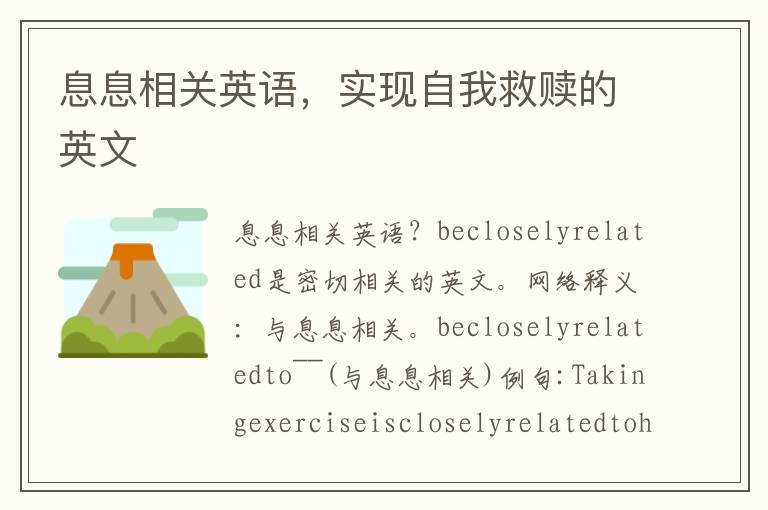【简介】感谢网友“雕龙文库”参与投稿,这里小编给大家分享一些,方便大家学习。
The government should control the amount of violence in films and on elevision in order to decrease the violent crimes in society. To what extent do you agree or disagree with this issue?
样文:
Whether the government should control the amount of violence in films and on television in order to decrease the violent crimes in society involves a conflict between our right of free speech and the duty of the government to protect its citizenry from potential harm. In my view, our societal nterest in preventing the harm that exposure to violence produces takes recedence over the rights of individuals to broadcast this type of content.
First of all, I believe that exposure to violence does indeed cause similar behavior on the part of those who are exposed to it. Although we may not have conclusive scientific evidence of a cause-effect relationship, ample anecdotal evidence establishes a significant correlation. Moreover, both common sense and our experiences with children inform us that people tend to mimic the behavior they are exposed to.
Secondly, I believe that violence is indeed harmful to a society. The harm it produces is, in my view, both palpable and profound. For the individual, it has a debasing impact on vital human relationships; for the society, it promotes a tendency toward antisocial behavior. Both outcomes, in turn, tear apart the social fabric that holds a society together.
Those who advocate unbridled individual expression might point out that the right of free speech is intrinsic to a democracy and necessary to its urvival. Even so, this right is not absolute, nor is it the most critical element. In my assessment, the interests served by restricting violence in broadcast media are, on balance, more crucial to the survival of a society.
In sum, it is in our best interest as a society for the government to censor broadcast media for violence. Exposure to such media content tends to harm society and its citizenry in ways that are worth preventing, even in light of the resulting infringement of our right of free expression.
The government should control the amount of violence in films and on elevision in order to decrease the violent crimes in society. To what extent do you agree or disagree with this issue?
样文:
Whether the government should control the amount of violence in films and on television in order to decrease the violent crimes in society involves a conflict between our right of free speech and the duty of the government to protect its citizenry from potential harm. In my view, our societal nterest in preventing the harm that exposure to violence produces takes recedence over the rights of individuals to broadcast this type of content.
First of all, I believe that exposure to violence does indeed cause similar behavior on the part of those who are exposed to it. Although we may not have conclusive scientific evidence of a cause-effect relationship, ample anecdotal evidence establishes a significant correlation. Moreover, both common sense and our experiences with children inform us that people tend to mimic the behavior they are exposed to.
Secondly, I believe that violence is indeed harmful to a society. The harm it produces is, in my view, both palpable and profound. For the individual, it has a debasing impact on vital human relationships; for the society, it promotes a tendency toward antisocial behavior. Both outcomes, in turn, tear apart the social fabric that holds a society together.
Those who advocate unbridled individual expression might point out that the right of free speech is intrinsic to a democracy and necessary to its urvival. Even so, this right is not absolute, nor is it the most critical element. In my assessment, the interests served by restricting violence in broadcast media are, on balance, more crucial to the survival of a society.
In sum, it is in our best interest as a society for the government to censor broadcast media for violence. Exposure to such media content tends to harm society and its citizenry in ways that are worth preventing, even in light of the resulting infringement of our right of free expression.








